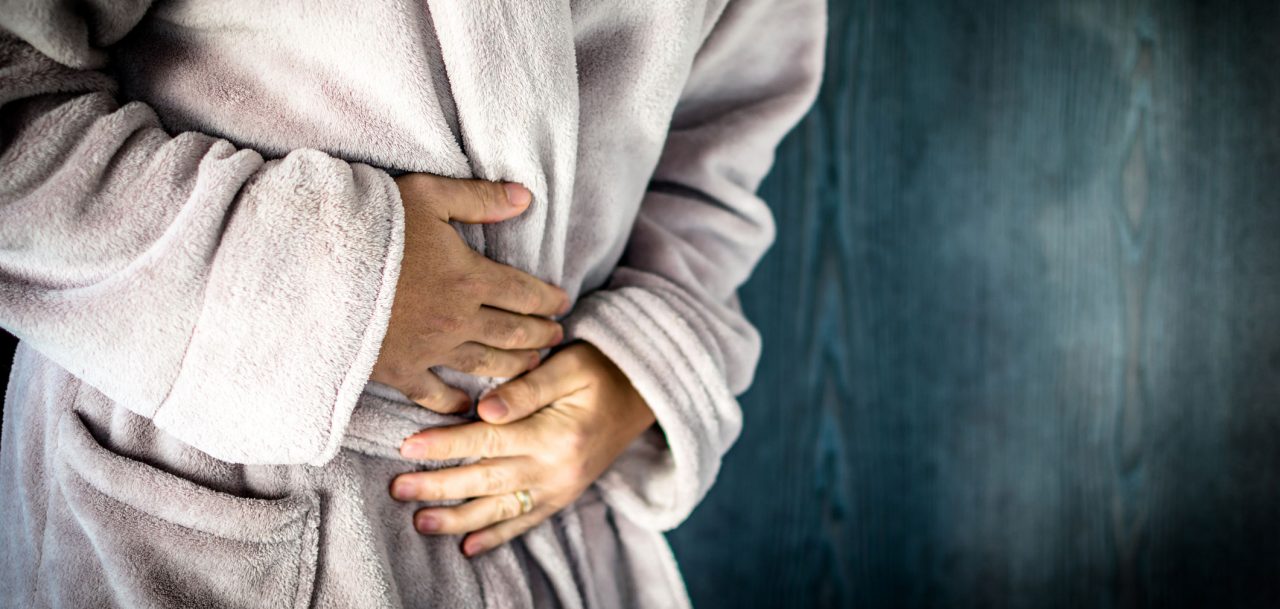What Is the Norovirus?

Protect yourself against stomach bugs: learn what the norovirus is, how it spreads between people and on surfaces, and how to prevent it.
What is the norovirus?
Norovirus is a virus that causes inflammation in the stomach and intestines. It is the most common cause of viral gastroenteritis, the stomach flu, or the winter vomiting virus. But no matter what you call it, norovirus is unpleasant and highly contagious.
Every year, the Centers for Disease Control and Prevention (CDC) reports, millions of people get sick from the norovirus, and thousands are hospitalized. Anyone, at any age, can catch this illness. Because there are many strains of the virus, you can catch it multiple times in your life.
YOU MIGHT ALSO LIKE: What Is an Infectious Disease?
Outbreaks of norovirus are common in hospitals, cruise ships, nursing homes, and the military. It can also spread quickly through offices, daycare centers, and schools. Norovirus is most common in winter but can spread any time of year, and some years have more cases than others when new strains of the virus develop.
Norovirus is particularly dangerous for young children and the elderly. Studies estimate that, in industrialized nations, norovirus is responsible for 900,000 children visiting doctors annually. In the developing world it causes the deaths of about 200,000 children under age five every year.
There is currently no vaccine for norovirus, though several companies are working to develop one. In 2016, the United States Navy began trials of a norovirus vaccine, but because there are so many strains of the virus, it may take years for a final version to become publicly available.
Symptoms of norovirus
The most common symptoms of norovirus are:
- Diarrhea
- Nausea
- Vomiting
- Stomach pain or cramping
- Fever
- Body aches
- Headache
Most people who are hospitalized due to norovirus are actually because of dehydration. If you or someone in your family has norovirus, it is important to watch for symptoms of dehydration, including:
- Decreased urination or dark urine
- Dry throat or mouth
- Dizziness
- Crying with few or no tears
- Excessive sleepiness or fussiness in children
How long does norovirus last?
Most people begin to show symptoms 12 to 48 hours after they become ill. Symptoms of norovirus lasts for one to three days.
However, the virus isn’t gone when your symptoms go away. Norovirus continues to live in your body for two or more weeks after you recover, and you can continue to infect new people even after you stop showing symptoms yourself.
How is norovirus spread?
Norovirus is highly contagious. The CDC warns that one person with a stomach bug sheds billions of virus particles every day. It takes fewer than 100 particles to make a new person sick.
Norovirus lives in feces and vomit. It spreads from person to person when you:
- Eat food or drink liquids that have been contaminated
- Touch someone with norovirus
- Share utensils, food, or other objects with someone who has norovirus
- Touch surfaces contaminated with norovirus
- Change a sick baby’s diaper
Foodborne outbreaks of norovirus often happen when food workers with the virus touch foods with their bare hands before serving them. You can also catch norovirus by eating shellfish that live in water contaminated with sewage.
Thorough hygiene habits are the key to stopping the spread of norovirus. Always wash your hands thoroughly with soap and water after using the bathroom or diapering a child, before preparing or eating food, and after being around someone who is ill.
Because norovirus lingers in your body after your symptoms go away, you should not prepare food for other people for at least two or three days after you start feeling better.
How long does norovirus live on surfaces?
Norovirus, according to the UK’s National Health Service, can survive for days on soft surfaces, such as fabric. The norovirus can live on hard surfaces for a week or longer.
Microscopic particles of vomit and stool often cling to sick people, and these can settle on any surface they touch. Flushing the toilet, throwing up, or sneezing can also cause these virus particles to become airborne.
Because norovirus lives on surfaces so long, it is important to thoroughly clean your home and workspace if you or someone else has norovirus. Use a diluted bleach mixture, as research has found that disinfectants do not always kill norovirus. You should also wash any clothing or bedding that a sick person has used in hot water to kill as much of the virus as possible.
How to treat norovirus
You can treat norovirus symptoms with anti-nausea or anti-diarrheal medication that you buy over the counter. If you are not sure what to buy, ask your doctor for a recommendation. It is also important to rest and drink lots of fluids to stay well hydrated.
If you do become dehydrated, you may need to go to the hospital to receive fluids via an IV. The risk of needing to be hospitalized due to dehydration is stronger for babies, young children, and seniors.
Because norovirus is a viral infection, antibiotics will not help you recover more quickly.
What is viral infection? Why won’t antibiotics help?
Antibiotics are used to treat bacterial infections, or illnesses caused by bacteria. Antibiotics medications fight infections by killing bacteria or preventing them from reproducing.
By contrast, a viral infection like norovirus is caused by a different type of microorganism known as a virus. Antibiotics won’t help because they don’t kill the viruses that cause viral infections.
The best way to recover from viral infections like norovirus is by resting to give your body time to fight off the virus and heal on its own.
Updated:
March 26, 2020
Reviewed By:
Christopher Nystuen, MD, MBA